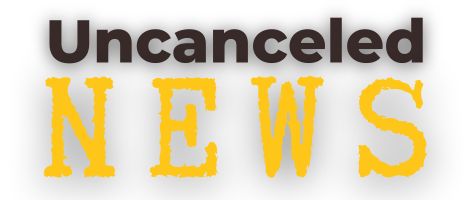Virginia Gov. Glenn Younkin announced last month that the largest private fusion company in the U.S. had selected the state to be the location for a multi-billion dollar investment in the world’s first grid-scale fusion power plant. Commonwealth Fusion Systems promises to deliver power to the grid within a decade from a facility 16 miles south of Richmond.
Fusion power has been getting a lot of attention lately, including a Senate Energy and Natural Resources Committee hearing in September, with a panel of experts speaking optimistically on the development of the technology.
Even if developers manage to overcome the technical challenges of bringing fusion energy to fruition, nuclear proponents say that the barriers to development of nuclear fission remain political and not technical or economical. There’s little reason to think the same political challenges could stand in the way of fusion, even if the technology is realized.
The International Atomic Energy Commission explains that while fission splits a heavy element (with a high atomic mass number) into fragments; fusion joins two light elements (with a low atomic mass number), forming a heavier element. In both cases, energy is freed because the mass of the remaining nucleus is smaller than the mass of the reacting nuclei. Nuclear fission power plants have the disadvantage of generating unstable nuclei; some of these are radioactive for millions of years. “Fusion on the other hand does not create any long-lived radioactive nuclear waste. A fusion reactor produces helium, which is an inert gas.”
Too cheap to meter
Fusion works by combining isotopes together, in a process that releases energy. It’s the same process that the sun uses. Theoretically, a fusion reactor could generate massive amounts of electricity, without any carbon dioxide emissions. […]
— Read More: justthenews.com



